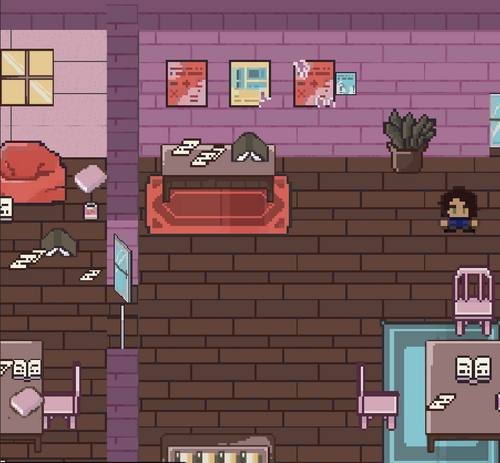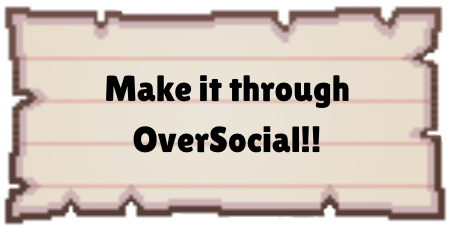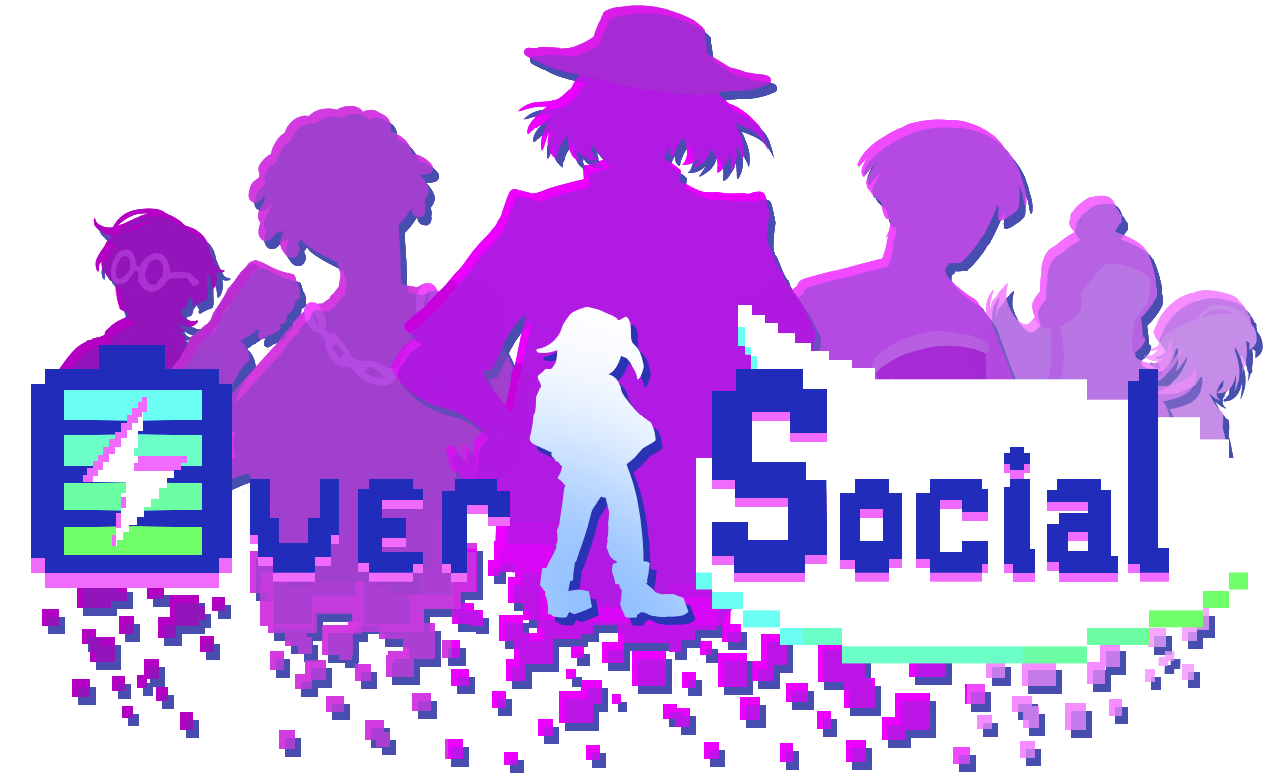Dev log #1

⠐⠒⠂⠂⠒⠂⠒⠂⠂ ⠐⠒⠂⠂⠒⠂⠒⠂⠂ ⠐⠒⠂⠂⠒⠂⠒⠂⠂ ⠐⠒⠂⠂⠒⠂⠒⠂⠂ ⠐⠒⠂⠂⠒⠂⠒⠂⠂ ⠐⠒⠂⠂⠒⠂⠒⠂⠂ ⠐⠒⠂⠂⠒⠂⠒⠂⠂
The original plan for the game was to create a turn-based experience set in a high school, where players could ‘buy’ friends, battle different club leaders, and explore the school through a day-to-day system that allowed for one action per day. However, due to time constraints, the scope and vision had to be significantly narrowed. A few key factors contributed to this: a lack of active team members, the absence of coders, and less than a full semester to complete the build.
As a result, many planned features had to be cut. We weren’t able to implement the shop, additional rooms, or battles with different club leaders. The game was scaled down to focus on a single club—the Poetry Club—a library, and a few small additional rooms. We did, however, manage to implement a puzzle element. With the reduced scope, we chose to center the game around its core mechanic: the confrontation system.
The initial prototype featured a sparsely decorated library, four NPCs, and a rudimentary “battle” system using placeholder text. Since then, we’ve added more props to the library, rearranged its layout, implemented three more NPCs, and completed both regular and battle dialogue. We also added puzzles and hints throughout the space.
The game was built in Unity. The confrontation system is inspired by Pokémon’s type mechanics—each NPC has a primary personality type and two secondary ones, and the same applies to the player. These types are arranged in a circle, similar to an intricate rock-paper-scissors system. Each type has a strength (causes less damage), a weakness (critical damage), and a neutral match-up (average damage).
We ran into several bugs throughout development. One issue caused the game to restart after a confrontation ended. Some dialogue failed to load properly, and we lacked a speed-up button for conversations. Additionally, a few collision issues made it possible for the player to get stuck on certain props.
The overall visual style of the game is pixelated. Early in the project, a miscommunication resulted in NPC and player sprites being created at 16x16 while the tiles were 64x64. We resolved this by upscaling the character sprites, keeping the visual style consistent with the 16x16 look. While the game world is pixel-based, the character portraits shown during dialogue and confrontation scenes are hand-drawn and not pixelated.
We also composed original music for the game, including a main background track and a battle theme used during confrontations.
One of the biggest challenges we faced was communication. Many tasks depended on people staying in touch, but that didn’t always happen. Some team members completed work without confirming compatibility with others’ contributions, while others disappeared partway through their tasks or didn’t start them at all. This meant responsibilities often had to be passed on to those who were actively participating, which limited how much we could accomplish in terms of character development and map design.
Despite the setbacks, we successfully created a complete game with enough content to be both functional and fun. I’m proud of what we achieved and especially thankful for the team members who stayed committed and helped make this game possible.
Sincerely,
Team lead
⠀⠐⠒⠂⠂⠒⠂⠒⠂⠂ ⠐⠒⠂⠂⠒⠂⠒⠂⠂ ⠐⠒⠂⠂⠒⠂⠒⠂⠂ ⠐⠒⠂⠂⠒⠂⠒⠂⠂ ⠐⠒⠂⠂⠒⠂⠒⠂⠂ ⠐⠒⠂⠂⠒⠂⠒⠂⠂ ⠐⠒⠂⠂⠒⠂⠒⠂⠂

Files
Get Over-Social
Over-Social
| Status | Released |
| Author | OS_Dev |
| Genre | Role Playing |
| Tags | 2D, Comedy, Drawing, Funny, Narrative, Pixel Art, Text based, Turn-Based Combat, Unity |
More posts
- Early sketches and artApr 23, 2025
- Playtest - 2025-04-01Apr 23, 2025

Leave a comment
Log in with itch.io to leave a comment.